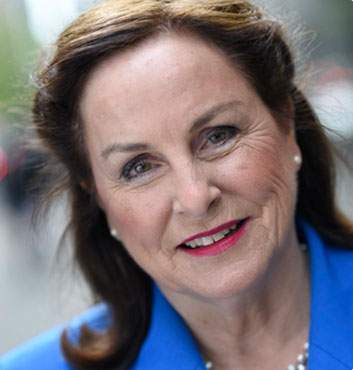Founded in 1994 by Dr. Joe Gerstein, an internist and pain management doctor as well as a Harvard Professor of Medicine, SMART RECOVERY is NOT a Twelve-Step Program. It integrates scientific and experiential knowledge to help overcome ANY addictive behaviors.
The program is based upon Albert Ellis’s Rational-Emotive Behavioral Therapy (REBT) which concentrates on altering unfavorable and unhealthy ideas into favorable alternatives. In SMART RECOVERY, individuals are motivated to devise their own path to recovery. It’s self-directed change. It’s a recognized choice for Drug Abuse and Addiction Recovery by American Academy of Family Physicians, The Center for Health Care Evaluation, National Institute on Drug Abuse, U.S. Dept. of Health and Human Services as well as The American Society of Addiction Medicine. SMART RECOVERY has on-line and in-person meetings. It has approximately 2,700 weekly meetings in twenty-four countries.
How SMART Recovery differs from Alcoholics Anonymous & Narconon
- AA is just for Alcoholics. Narconon is for those with substance abuse. The latter is holistic and is a Scientology-owned program.
- SMART RECOVERY addresses any addictive behaviors (eating disorders, gambling, etc.)
- AA was founded by “Bill W,” (William Griffith Wilson), an alcoholic, and uses the “big book” Alcoholics Anonymous. At AA meetings, the book is read, discussed and solutions are presented. In AA, the meetings are either closed or open and are conducted by A.A. members who determine the format of the meeting.
- In SMART RECOVERY, there is a facilitator to run the meetings, but you don’t have to introduce yourself. Friends and family are welcome. There are no “closed” meetings where outsiders are not allowed to attend.
- SMART RECOVERY doesn’t use any books, workbooks. Meeting attendees do not introduce themselves at the podium. For example, “Hi, I’m Rachel, and I’m an alcoholic.”
- SMART RECOVERY does not necessarily believe in an external “higher power.” Your higher power is your own value system (“The Hierarchy of Values”). You form your own fate. Nor does SMART RECOVERY espouse that you are powerless against your addiction.
- SMART RECOVERY uses a 4-point system:
- Building and preserving inspiration (weighing costs and advantages of using vs. being sober.) Relapse Warning List
- Coping with Adversity (triggers, etc.) Relearn. What did Addiction do to you?
- Managing Thoughts Feelings and Behaviors. Better problem solving. More in charge. Managing Thoughts, Feelings and Behaviors (DISARM. )
- Living a Balanced Life. Relapse prevention: what do you hate about recovery? What do you want your future to look life? Living a Balanced Life.
It utilizes six stages of changes in addiction recovery: precontemplation, contemplation, preparation, action, maintenance and termination. The ABC’s learned are dependent on the activating event, beliefs and consequences.
See Youtube: “The Best of Smart: The Tools “Jonathan von Breton
Nov.27, 2014
Youtube: “Smart Recovery, Motivation & Hierarchy of Values”
Dr. Joe Gerstein , Feb.15,2016

Wesley Cullen Davidson
Wesley Cullen Davidson is an award-winning freelance writer and journalist specializing in parenting. Currently, she is targeting her writing about recovery to parents whose children have substance abuse disorders.